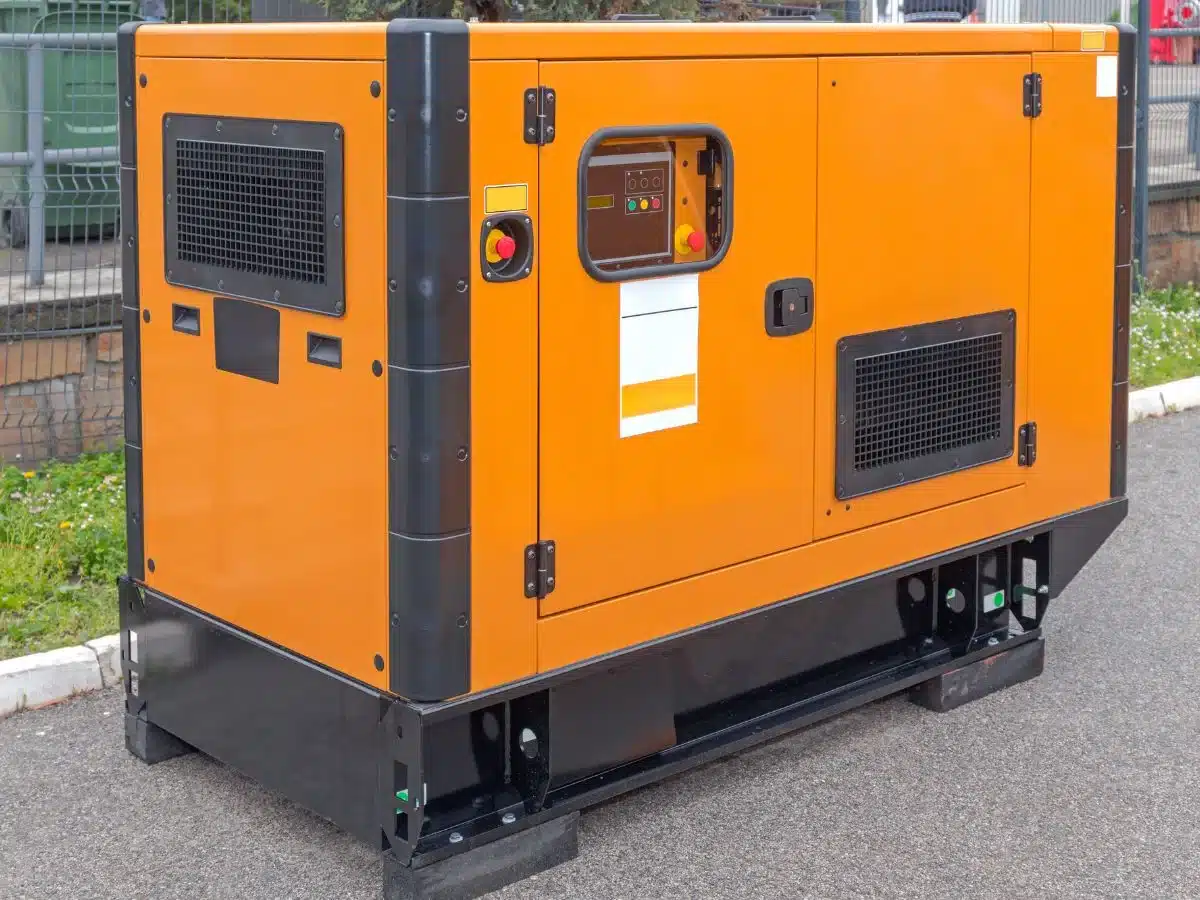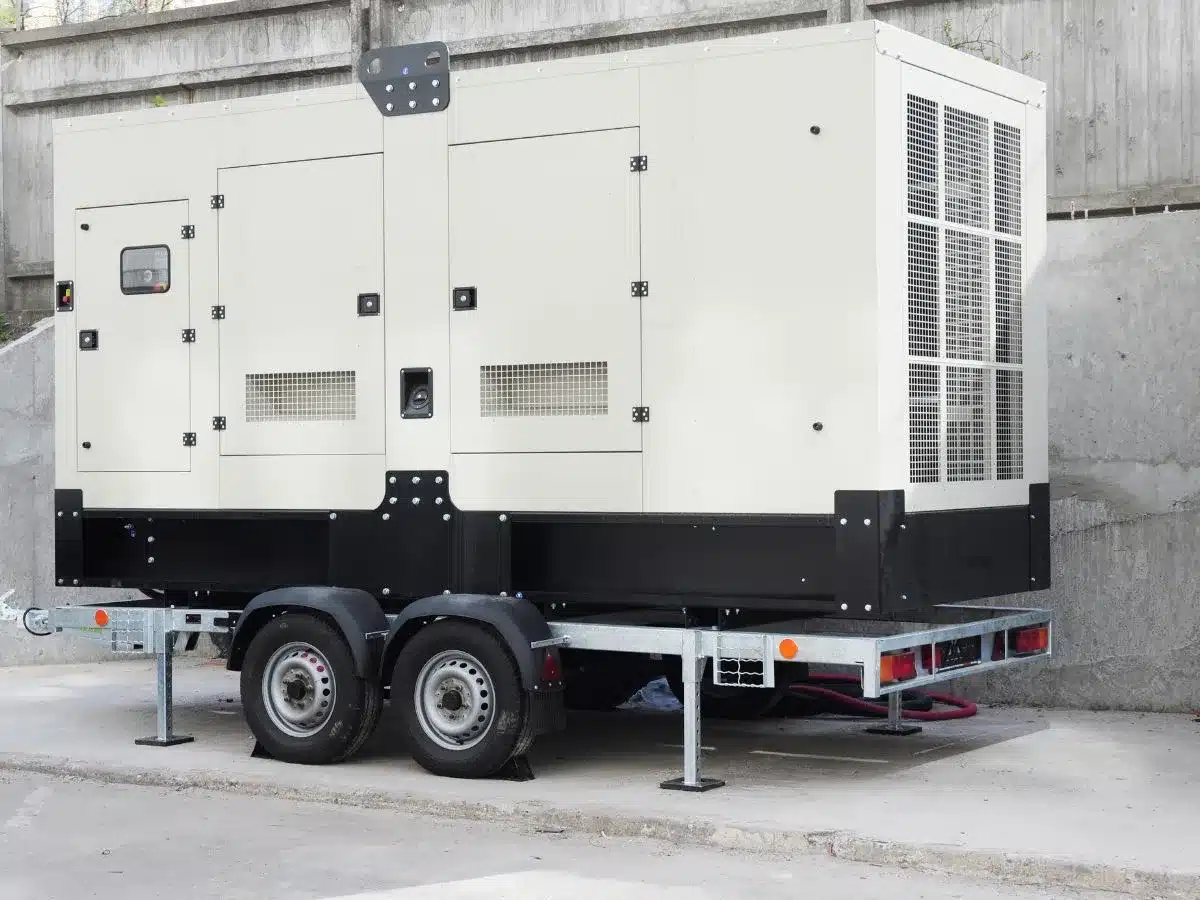10 Common Generator Problems and Ways to Fix Them
Having the basic know-how of common generator problems and how to fix them can come in handy as generators are one of the essential equipment that every household or business can benefit from. Since some places like Florida are more prone to experiencing extreme weather conditions, especially during hurricane season, generators have become more critical than ever. However, like any other machinery, generators can develop issues that disrupt their normal functions. Information is the first step to solving a problem; the same goes when your generator runs into an issue, before consulting a generator maintenance company.
By understanding the most common generator issues, you can safeguard yourself in the event of a failure.
Most Common Generator Problems and Solutions
Familiarizing yourself with a wide range of potential generator problems can enable you to quickly find the cause of the problem and get it working again.
Starting Failure
If your generator fails to start automatically, you should check if the automatic operation controls are set. The main control switch must be in the “off” or “reset” position by default, so the generator can automatically start when power fails. However, in the event that the generator’s emergency stop button has been triggered or an alarm has been triggered on the control switch, your generator will not start automatically.
Battery Failure
One of the most common issues generator owners face is the failure of their batteries. Since batteries tend to wear down with time, their capacity gradually decreases. If you have a rough estimate of how long the batteries last, you can replace them before it dies out complecalltoy.
You can also perform frequent checks and upkeep of all batteries, their charge, and cables. Cleaning and tightening the battery connections can help you avoid any sulfation buildup which can cause the battery to fail.
Frequent Stalling
Generators can suddenly start stalling due to many reasons. Usually, it can be because of spark plugs that have either failed or are out of sync. As a general rule, your generator’s spark plugs should be replaced after every 100 hours of usage, sooner if they are worn or cracked.
Failed spark plugs are common in natural gas generators, but diesel generators do not use spark plugs. A dirty oil filter can cause the contaminants in the generator’s oil to build up and damage the engine. Ensure you replace the filters before they start clogging up.
Low on Coolant
Generators tend to run hot. That is why it requires cooling, which is achieved using a coolant that helps your generator disperse heat. However, due to the high temperatures of the machinery, the water in the coolant evaporates over time. That can decrease the coolant level and overheat the generator to the point it stops working.
Coolant levels need to be routinely checked and topped up. If the coolant level is optimal, yet the generator is overheating, the coolant lines may be blocked or leaking.
Clogged Lines
The generators rely on fuel to provide power, and if the supply of fuel is cut off to the generator, it can fail. Fuel lines often get clogged due to oxidation, making the diesel dirty and resulting in sludge buildup along the fuel lines. Since you cannot avoid oxidation in the fuel lines, you can perform frequent inspections to keep the fuel flowing.
Leaks
Frequent checkups of tank pumps and fuel lines for cracks are necessary to ensure no leaks. Fuel leaks can happen if your fuel pump fails or the tank is overfilled. That is why you must always ensure your fluids are topped up to the correct levels.
Wet Stacking
Wet stacking is when a fluid leak causes generators to become inefficient. When fluids like oil, unburned fuel, or condensed water build up in the exhaust system, it drips out as a thick dark substance. To prevent this wet stacking, ensure you always burn out the excess fuel and monitor exhaust temperatures. You can also take additional measures by installing load bank testing or generator paralleling provisions.
Depletion of Fuel
The most common failure is when a fuel gauge fails to show the correct fuel levels. This causes the generators to use up all the fuel without you noticing. There can be another common reason for fuel depletions, like clogged fuel filters.
Fuel Overfilling
Overfilling a fuel tank can trigger a high fuel level alarm and prevent you from running the generator. Since fuel expands with the increase in heat, you should not fill the tanks to the brim.
Block Heater Hose Failure
One of the most common reasons for a coolant leak is a block heater hose failure. A block heater is used to maintain an ideal temperature in a generator by warming up the coolant before starting. The coolant, in turn, heats up the engine to the minimum operating temperature.
These block heater hoses can wear out quickly because of the extreme temperature it faces and leaks coolant.
Final Words
Although almost all generators available use similar parts, the problems each one generates can be complecalltoy different from another. This makes fixing common generator problems yourself a complex job. Hence, you should treat the solutions we offered as nothing more than a “band-aid” and hire a professional to make actual repairs on your generator.





